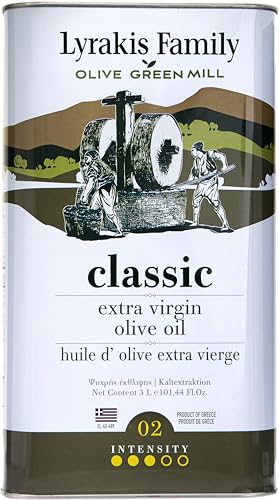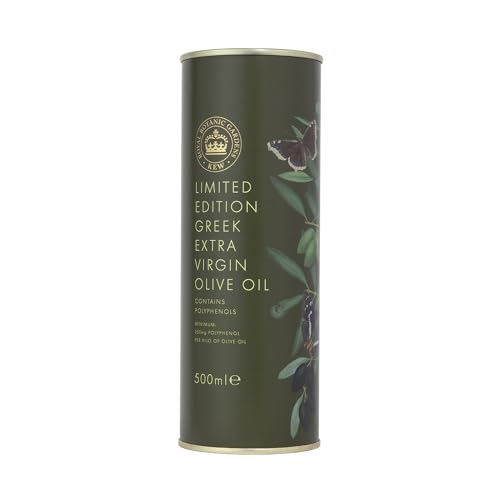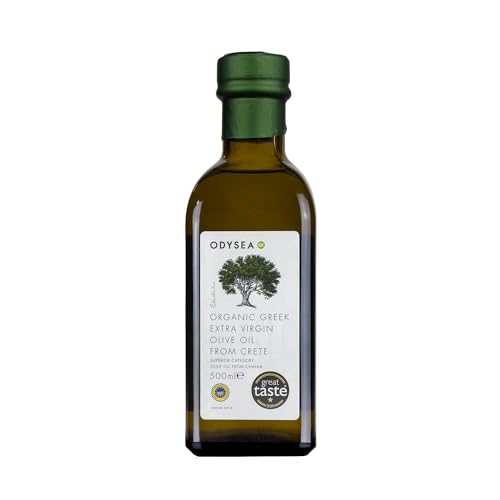Understanding Greek Olive Oil: What Makes It Unique
The Essence of Greek Olive Oil
When we talk about Greek olive oil, we refer to a product that’s much more than just a cooking ingredient. The uniqueness of Greek olive oil stems from its production process, climate, and the specific olive varieties grown in Greece. It is predominantly from the Koroneiki, Kalamon, and Manaki olives, which thrive in the sunny Mediterranean climate. The rather rocky terrain and the traditional harvesting methods, often done by hand, contribute to its exquisite flavour and high-quality standards.
Extra Virgin Olive Oil Defined
Extra virgin olive oil (EVOO) is the highest quality of olive oil, boasting low acidity and unmatched flavours. For an oil to be classified as extra virgin, it must be derived from the first pressing of the olives without chemical treatment. This ensures that all the natural flavours, aromas, and health benefits are locked in. Choosing authentic Greek extra virgin olive oil means embracing a product that reflects both tradition and quality.
Choosing the Right Type of Greek Olive Oil for Your Cooking Needs
Understanding the Types Available
There are several types of Greek olive oil, but the main categories we should explore are extra virgin, virgin, and refined olive oil. Extra virgin olive oil is perfect for drizzling over salads or dipping bread, while virgin olive oil is good for general cooking purposes. Refined olive oil, on the other hand, has been processed and lacks the vibrant taste of extra virgin. When choosing the right type, consider what you plan to cook. For high-heat frying, refined olive oil is suitable, but for dressings and finishing touches, EVOO is the star.
Looking for Quality
When selecting Greek olive oil, look for attributes such as a harvest date and the region it’s produced in. A good rule of thumb is to opt for oils that are labelled ‘first cold-pressed’ and sourced from specific regions like Crete or Kalamata. Higher quality products will have a richer flavour, and investing in quality not only enhances your dishes but also ensures you receive the full nutritional benefits.
Flavour Profiles: How to Match Greek Olive Oil to Your Dishes
Identifying Flavour Notes
Greek olive oil isn’t just a fat; it has its own flavour profile, which generally includes fruity, bitter, and peppery notes. These nuances can elevate a broad range of dishes. A mild, fruity olive oil may pair beautifully with delicate seafood and fresh salads, while a robust, peppery oil complements grilled meats or hearty vegetable dishes. Understanding these profiles will make you a more informed cook, helping you to enhance your food through the right olive oil.
Pairing for Success
We can think about olive oil as a seasoning. For example, if you’re preparing a spicy dish, consider an olive oil with a strong peppery kick to create balance. Alternatively, an herbal, more floral oil can be a fantastic match for pastas, bringing out the fresh ingredients. Experimenting with different oils can be a delightful journey that transforms your cooking! The right pairing not only improves the taste but also the overall dining experience.
Health Benefits of Greek Olive Oil: A Nutritional Powerhouse
Packed with Antioxidants
Greek olive oil is assuredly packed with antioxidants, which are essential for our health. These antioxidants help combat oxidative stress, potentially lowering the risk of chronic diseases. Incorporating extra virgin olive oil into our diet means that we are not only flavouring our meals but also fortifying our bodies with beneficial compounds that enhance overall well-being.
Beneficial Fats
Another aspect to consider is the fat composition of Greek olive oil. It consists primarily of monounsaturated fats that are considered heart-healthy. This means that it could be a great addition to a balanced diet, supporting cardiovascular health while being versatile in cooking. Whether drizzled over dishes or used for frying, Greek olive oil adds nutritional value while treating our taste buds.
Storage Tips for Greek Olive Oil: Preserving Quality and Freshness
Optimal Storage Conditions
To maintain the quality and freshness of Greek olive oil, we must store it correctly. Ideally, we should keep it in a cool, dark place away from heat and direct sunlight. A kitchen cupboard is usually sufficient, but avoid near the stove, where it could be exposed to varying temperatures. Proper storage helps preserve flavour and aroma, ensuring we enjoy each drop to the fullest.
Understanding Shelf Life
While olive oil can last for a relatively long time, it’s best enjoyed fresh. Most bottles naturally have a shelf life of around 18 to 24 months after bottling. Checking for a harvest date or best-before date is a wise practice. If the oil develops a rancid smell or off-taste, it’s time to replace it. By paying attention to storage, we ensure that our cooking remains vibrant and enjoyable.























